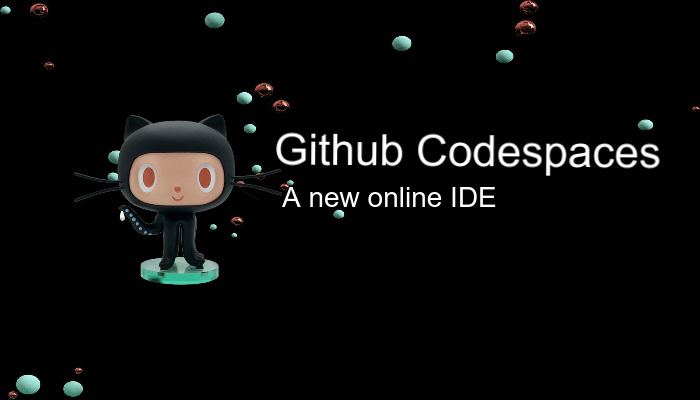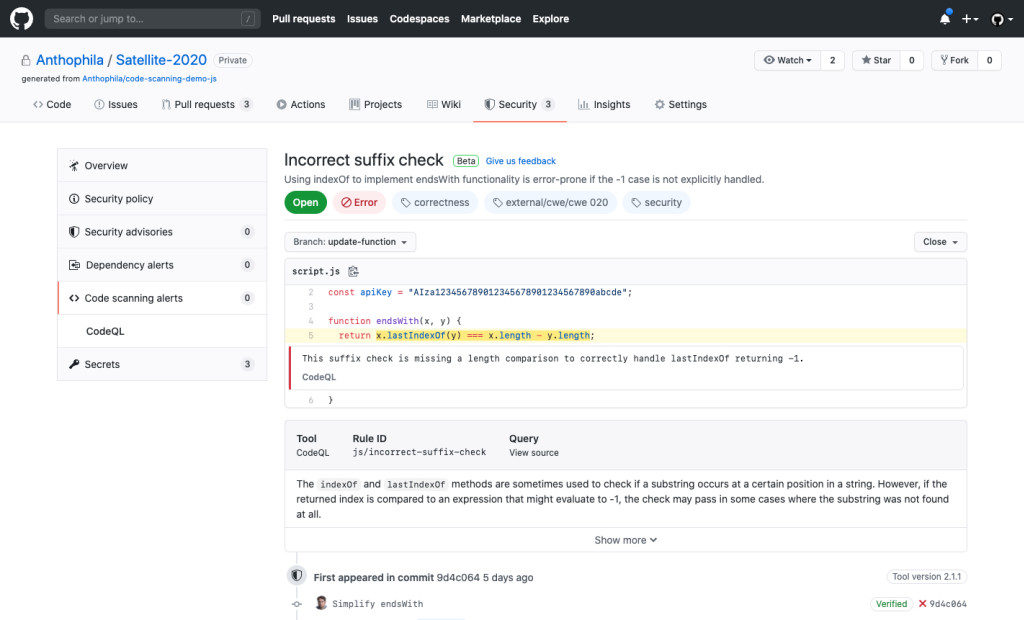
Github Codespaces allows code in a web browser without any setup
GitHub released a couple of the latest features and updates at its online Satellite 2020 event on 6th May, covering the cloud, collaboration, security, and more.
As with different technology organizations, the Microsoft-owned code-hosting platform has chosen to move its annual developer event online due to the coronavirus crisis, with Satellite 2020 representing GitHub’s 1st ever virtual conference. In an accompanying blog post, GitHub’s senior VP of product Shanku Niyogi said that this year’s event was all regarding “giving community tools to come back along to unravel the issues that matter to them and removing barriers that stand in their method.”
Shanku Niyogi, SVP of Product, GitHub, said you’ll be able to configure codespace according to your requirement:
Codespaces can be configured to load your code and dependencies, developer tools, extensions, and dotfiles. Switching between environments is simple—you can navigate away at any time, and when you switch back, your codespaces is automatically reopened.
The biggest aspect of 6th May’s news may be a new product referred to as GitHub Codespaces, Which is meant to form it easier for developers to join a project, launch a developer environment, and begin coding with minimal configuration — all from a browser. Available in “limited public beta” from in the week, Codespaces may be a cloud-hosted development environment with all the GitHub options, and it will be created to load a developer’s code and dotfiles, extensions, and dependencies, and includes a built-in debugger.
It’s worth noting here that Microsoft previous year released a web version of Visual Studio referred to as (unsurprisingly) Visual Studio Online and recently rebranded it as Visual Studio Codespaces. And this provides a powerful hint on the making blocks of the new GitHub Codespaces — this is Microsoft Visual Code’s branding and browser-based practicality to GitHub.
Code-editing functionality in Codespaces can invariably be free, per GitHub, and for the period of the beta, the completed product will be free — though at some points it’ll ship under a pay-as-you-go rating model.
GitHub is also gearing up to launch a brand new community-centric portal where developers will raise queries and converse around specific issues or topics within a project repository. Before now, such discussions may only really take place through problems and pull requests, whereas there was a separate discussion tool for groups to set up and share data.
With GitHub Discussions, GitHub is currently wanting to create a community knowledge base outside the main codebase, and in fact, it feels like it’s setting out to achieve something like Stack Overflow. Discussions are built around threads, and queries may be marked as “answered” for future reference.
GitHub Discussions have been available in restricted non-public beta for a while already in many open source communities, and also the company said that it’ll be opening it up to all open source communities this summer.
Elsewhere, GitHub also released 2 new beta cloud security options as a part of its advanced security providing. Code scanning could be a new native GitHub tool that automatically scans each git push for vulnerabilities, with results shown within the pull request. According to GitHub, code scanning uses CodeQl, an advanced semantic analysis engine it procured via its Semmle acquisition previous year.

And then there’s secret scanning, formerly referred to as token scanning, that helps organizations cryptographic secrets within the code so they’ll be revoked before it’s intercepted by bad actors. Secret scanning was created available for public repositories back in 2018, and currently, it’ll be created available for personal repositories too.
Finally, GitHub also declared that “private instances” would be obtainable shortly for the enterprises that operate in extremely regulated industries, which is able to bring a couple of security and policy options like bring-your-own-key encryption, backup archiving, and tools to assist companies to comply with local data sovereignty regulations.



